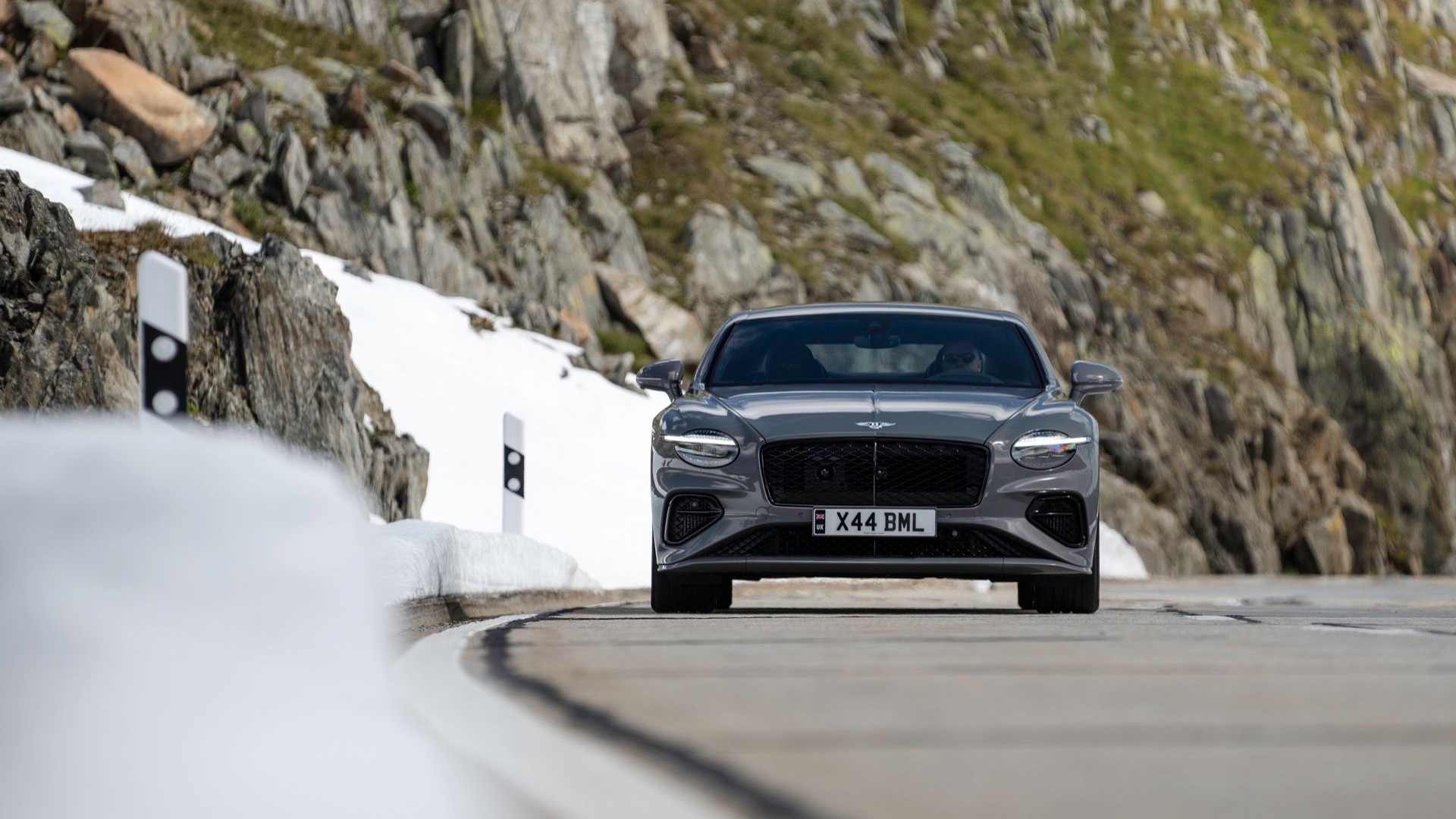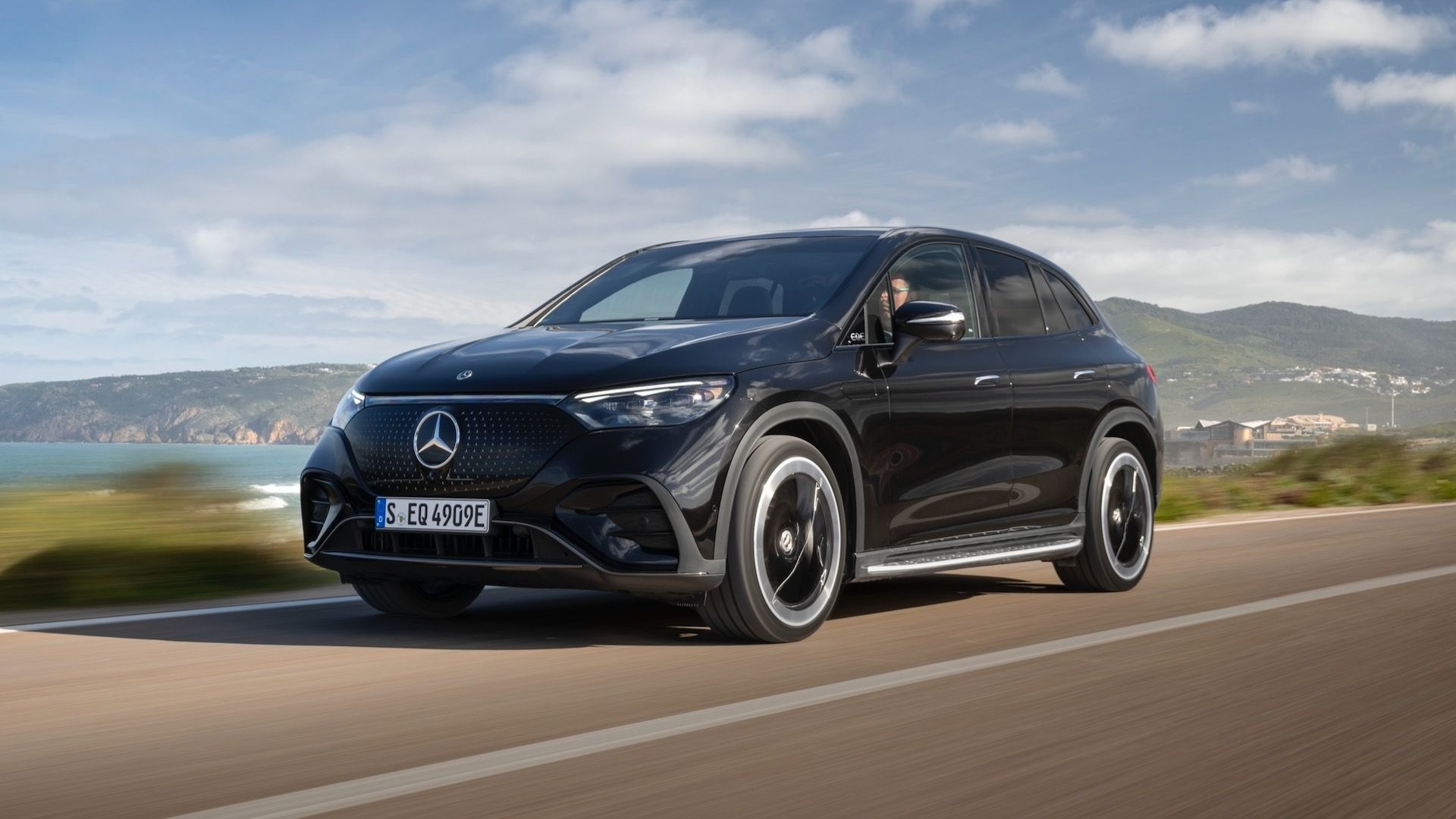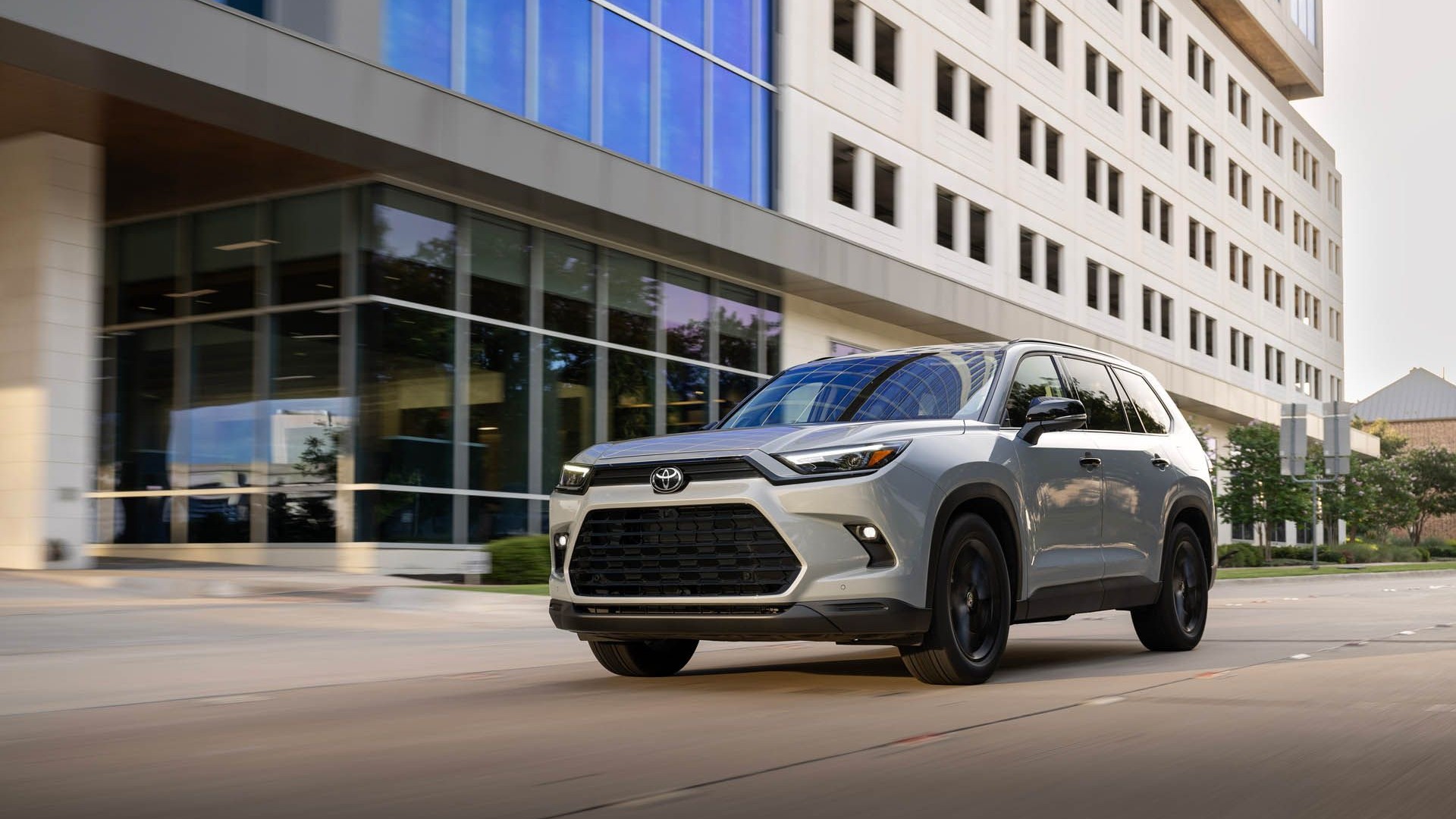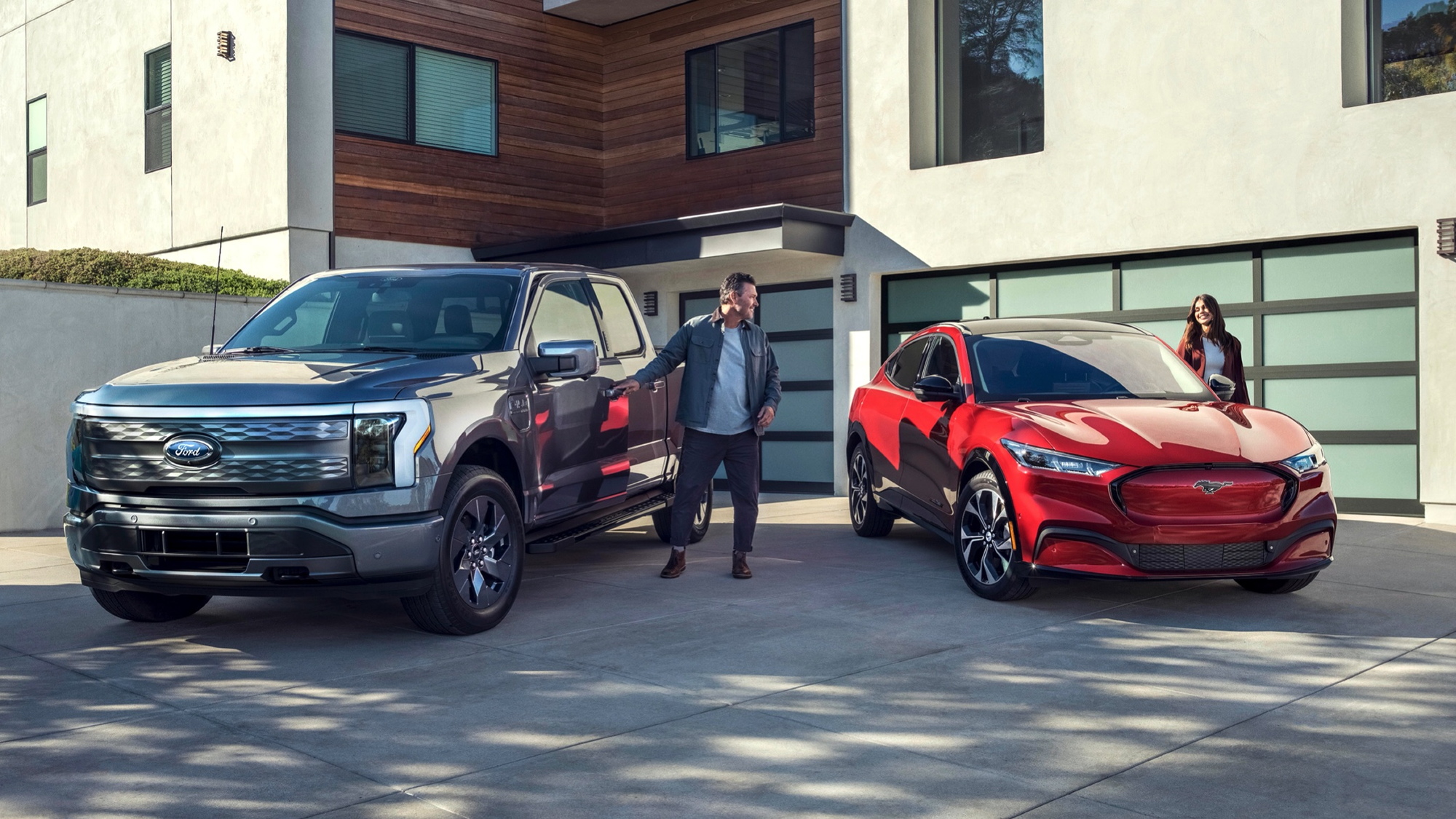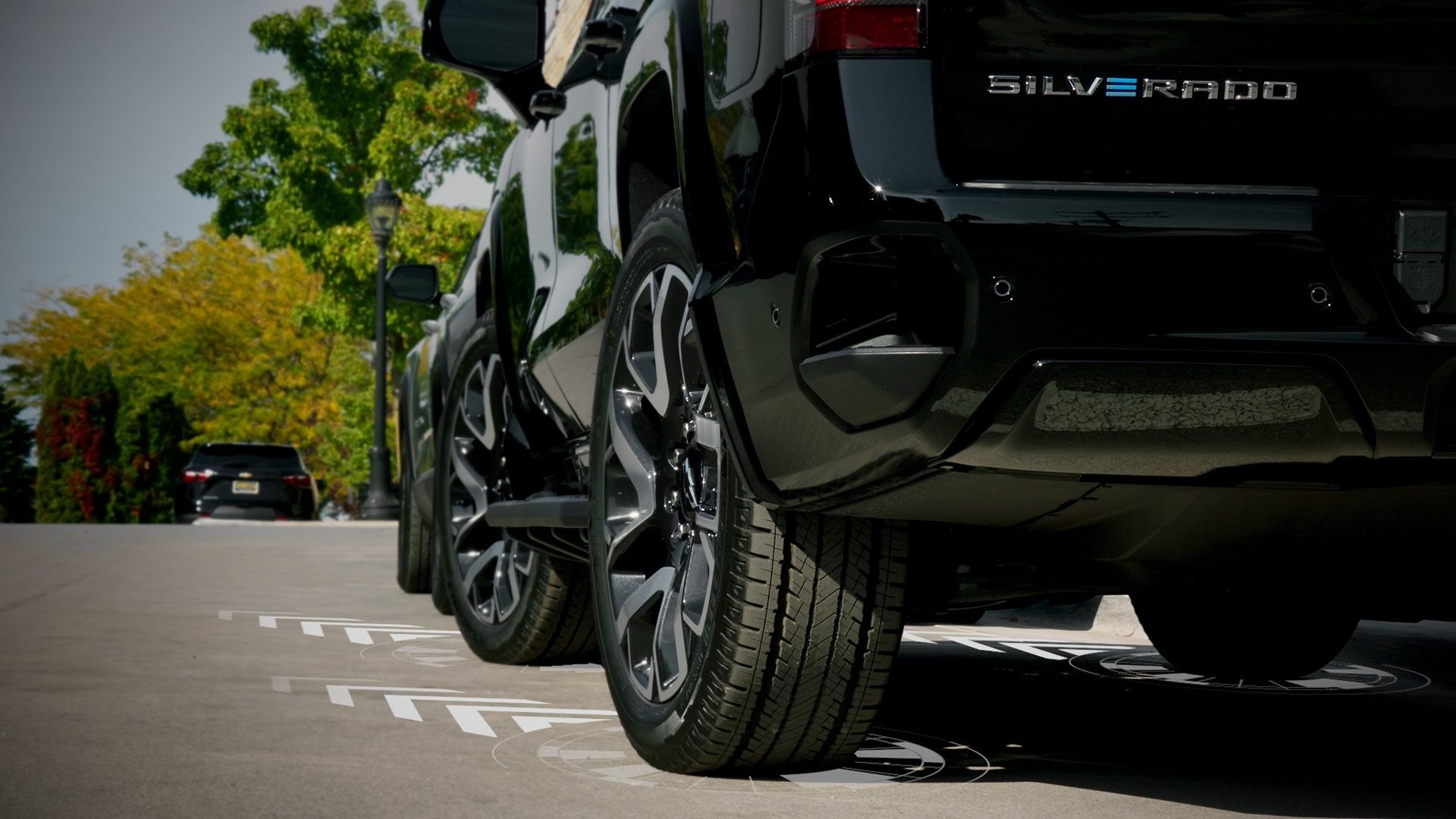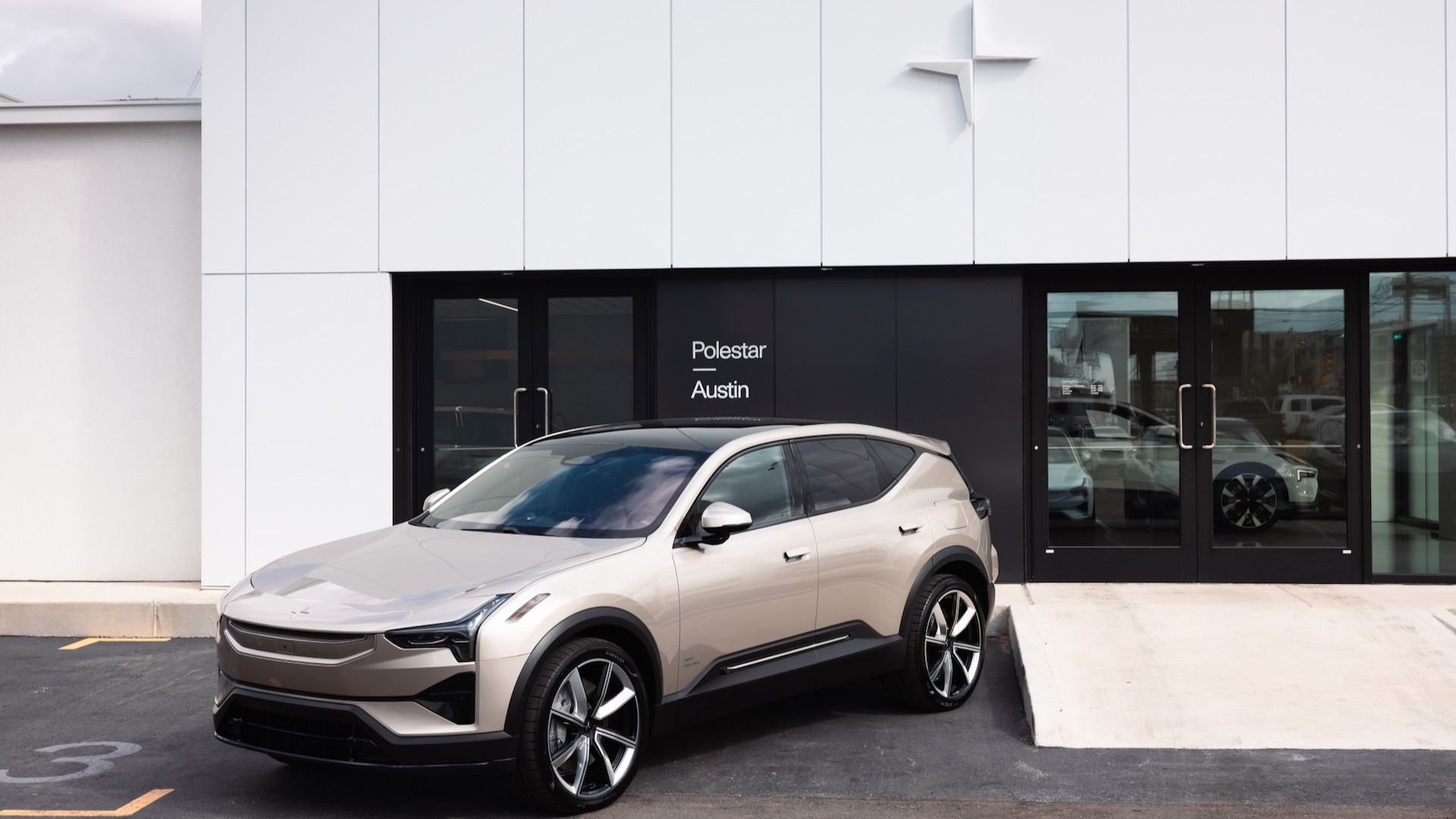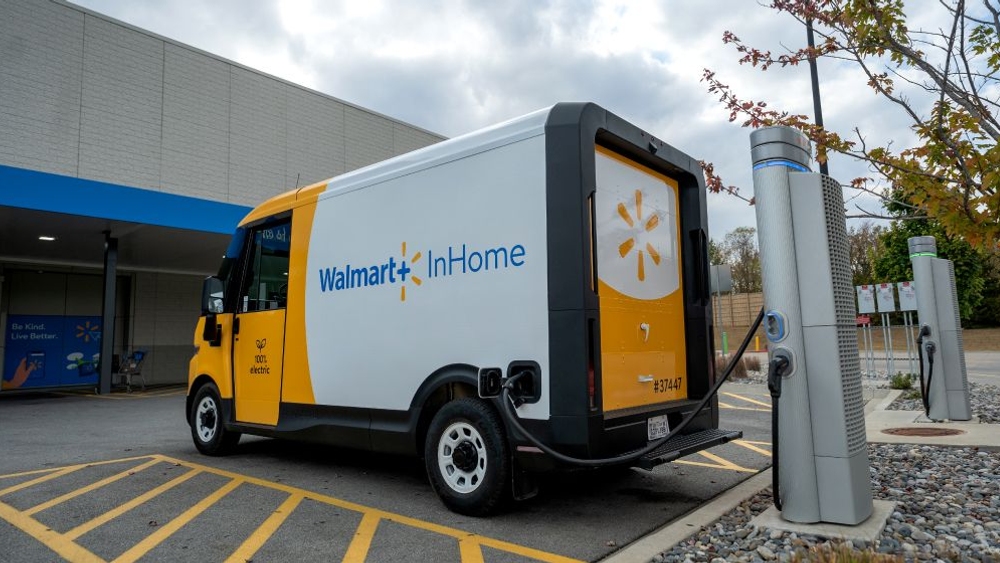All eyes have been on BMW over the past few weeks as it launched the 2014 i3 electric car, two years after the concept first debuted at the 2011 Frankfurt Auto Show.
So where does BMW go from here? A wider range of electric cars, perhaps? Well, yes--with the BMW i8 sports car and mooted i5 on the way--but fuel cells are still on the German automaker's mind too, according to Motor Authority.
BMW CEO Norbert Reithofer is looking towards fuel cell vehicles as a way of applying BMW's electric technology to longer-distance vehicles.
“In the future, options like this will offer short refueling times and enable long distance travel with zero emissions," he told reporters earlier this week.
It's part of BMW's plan to be one step ahead of the game as far as next-generation vehicle technology is concerned. Reithofer says that new technologies and changing business fields open up new perspectives and growth opportunities--and BMW doesn't intend to get left behind as the automotive landscape changes.
Launching the i3 is part of this plan--and it's a car that BMW hopes will deliver it a significant slice of the electric car market.
The company can't survive on one model alone however, so other cars are in planning, including the aforementioned i8 plug-in hybrid sports car. Hydrogen fuel cell vehicles will join this roster eventually, partly aided by engineering expertise from fuel cell partner Toyota.
We're all aware of hydrogen's pros and cons by now--not least the difficulty of gathering it in an eco-friendly way and the paucity of refueling stations--but scientists around the world are working on ways of improving its viability in the future.
But as with battery electric vehicles, simply having a range of desirable, usable vehicles will be a major step towards fuel cell adoption--and BMW certainly knows a thing or two about making vehicles people want to buy.
_______________________________________________________
Follow GreenCarReports on Facebook, Twitter, Instagram and Google+

